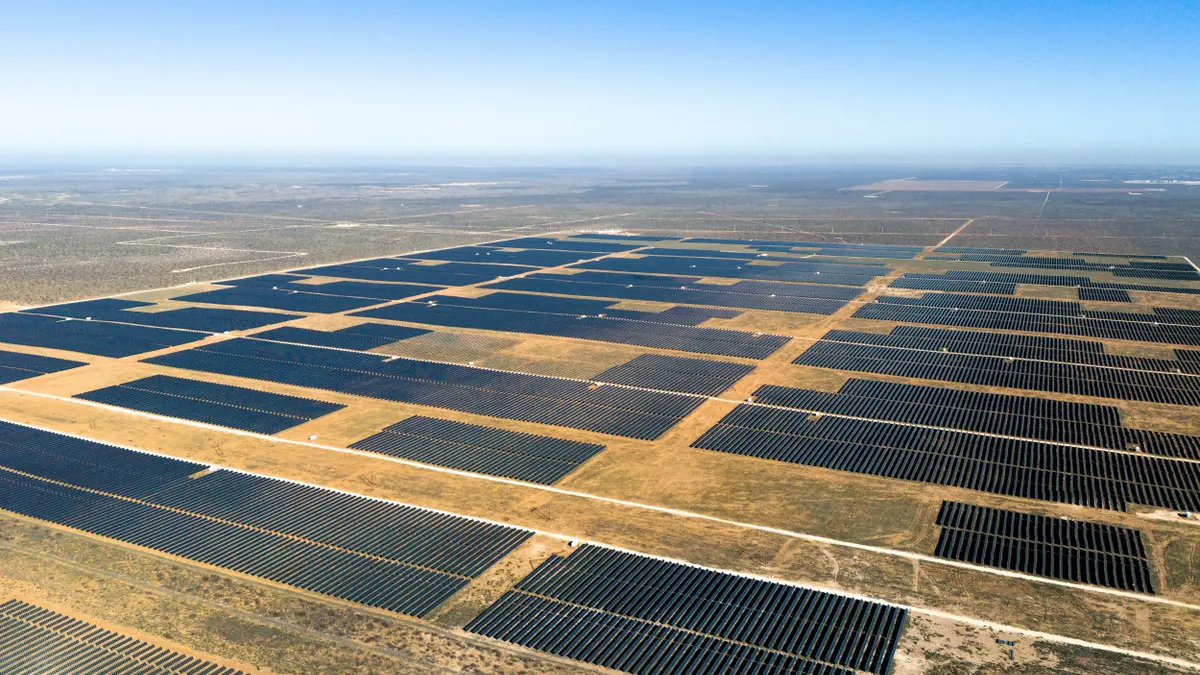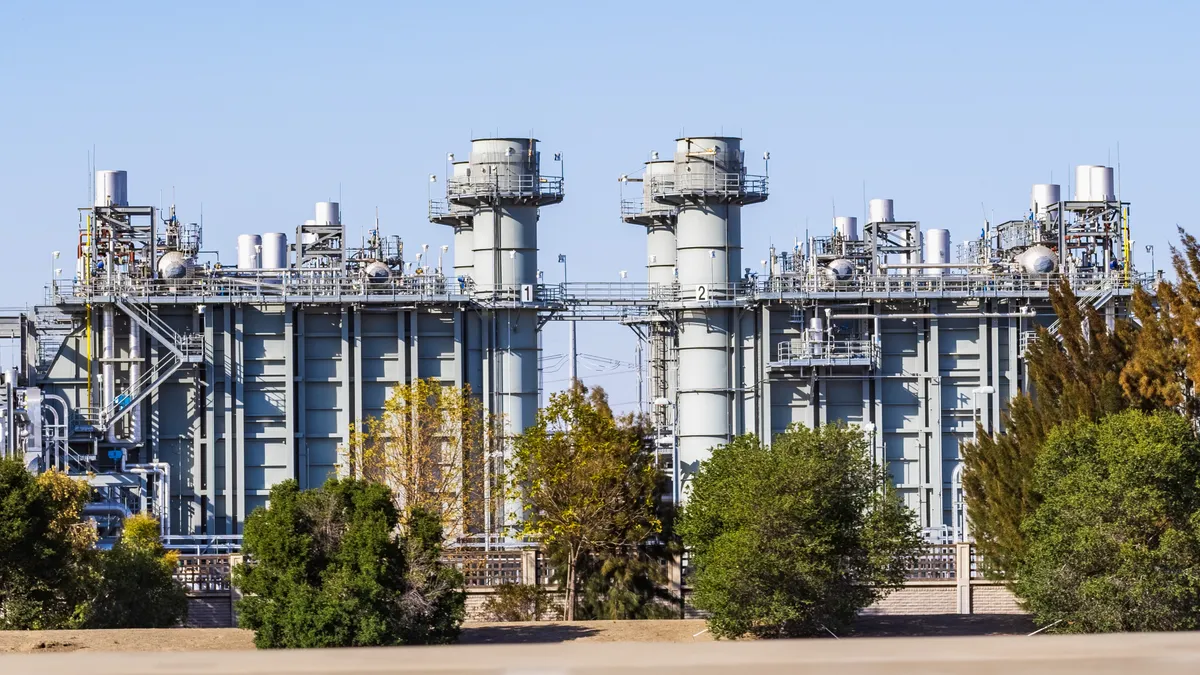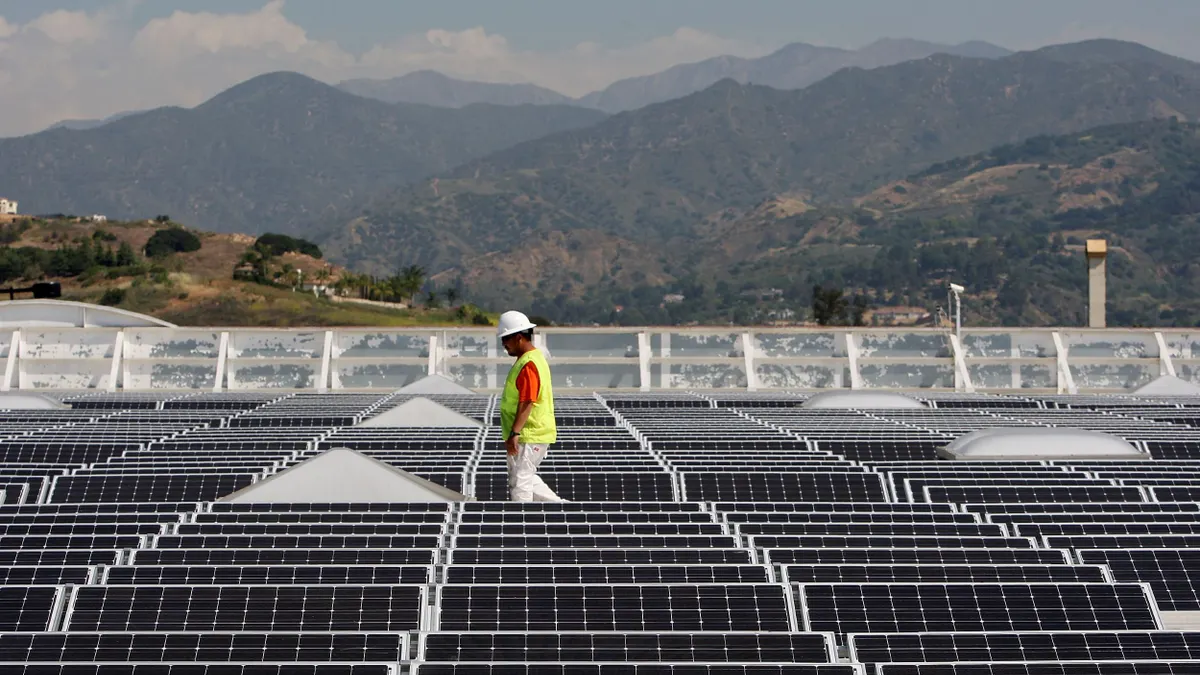The Environmental Protection Agency's (EPA) rewrite of mercury emission rules for coal plants could increase costs for the generators to use carbon capture, backers of the pollution-reducing technology warned Tuesday.
The cost increase would be a secondary impact of the EPA's changes to the Mercury and Air Toxics Standards (MATS), sent to the White House for review last week. Critics say the plan could threaten separate administration efforts to make carbon capture more accessible for struggling U.S. coal plants.
Utilities largely complied with the 2012 MATS rule by installing pollution scrubbers on existing coal generators that filter out sulfur dioxide, mercury and other harmful pollutants. If the proposed changes to the rule are finalized, some coal plants may not be required to run those scrubbers, while others could escape from installing them altogether.
Those scrubbers are necessary for carbon capture equipment to work on existing coal plants, according to Kurt Waltzer, managing director of the Clean Air Task Force.
"If we start telling power companies they don't have to run their sulfur dioxide scrubbers, then not only are we going to increase smog pollution and threaten public health, we're gonna make it more expensive for coal plants to do carbon capture," Waltzer told Utility Dive.
"I strongly suspect that coal fails on price alone."

Sen. Sheldon Whitehouse, D-R.I.
That result would counteract a separate Department of Energy (DOE) initiative to lower the cost of carbon capture technologies for coal-fired power plants, currently too expensive for widespread adoption.
Although carbon capture technology can be added to most existing fossil power plants or manufacturing facilities, the focus of DOE research has increasingly shifted to technology that could help keep coal-fired generation competitive.
"My impression is it's kind of a mixed bag, that [the administration's] preference is to focus on things that will let the coal plants keep operating, more than to focus on technologies that withdraw carbon dioxide from the air more generally," Sen. Sheldon Whitehouse, D-R.I., said at a meeting with reporters and carbon capture advocates on Tuesday.
While carbon capture is being explored by the DOE now — the agency announced up to $30 million in federal funding for research last week — the Trump administration has not been consistently supportive.
"Their budgets requested gutting carbon capture research at the Department of Energy, and Congress has unequivocally denied that," Erin Burns, senior policy advisor at Third Way, told Utility Dive.
DOE and EPA could not respond by time of publication to requests for comment.
Thus far, the utility sector has had trouble integrating carbon capture on a large scale.
"We're not going to be able to tax-benefit our way through the whole problem, but it's I think an important entry point."

Sen. Sheldon Whitehouse, D-R.I.
Although Congress passed an extension of the 45Q tax credit for carbon capture earlier this year, the price for the technology remains too high for adoption outside a few pilot projects. Many backers do not anticipate greater utility investment without a price on carbon.
"We're not going to be able to tax-benefit our way through the whole problem, but it's, I think, an important entry point," said Whitehouse, who advocates for a carbon price.
However, some carbon capture proponents have made a point to avoid "the path of a carbon tax," in order to safeguard the technology from partisan opposition.
Addressing climate concerns through carbon capture
Whitehouse is one of the original sponsors of a bipartisan carbon capture bill introduced in May to enhance incentives for investments, support research and enable the development of infrastructure, such as CO2 pipelines and carbon capture facilities.
Dubbed the USE IT Act, S.B. 2602 has strong support but is still being held back by a few holds, which Whitehouse refused to disclose. Once they are lifted, he anticipated Senate leadership will prioritize the bill for passage.
Whitehouse is a proponent of developing carbon capture to move the energy sector in a carbon neutral direction. However, he conceded that the bill would not be a satisfactory response to the global issue of climate change.
"I think that if Democrats control the House or the Senate, there'll be a much, much, much more responsible approach to climate change and fossil fuel emissions and all of that," he said, referring to the upcoming midterm elections.
The senator added that the narrow scope of the carbon capture support within the administration ignored other industry signals. "I strongly suspect that coal fails on price alone."
"I wish they would focus more on the ultimate problem," Whitehouse said of the Trump administration, "which is how they would adjust the CO2 levels in the atmosphere to the range within which the entire development of the human species took place, rather than how do you protect doomed coal plants from competition."
The House has yet to introduce a version of the USE IT Act.






















